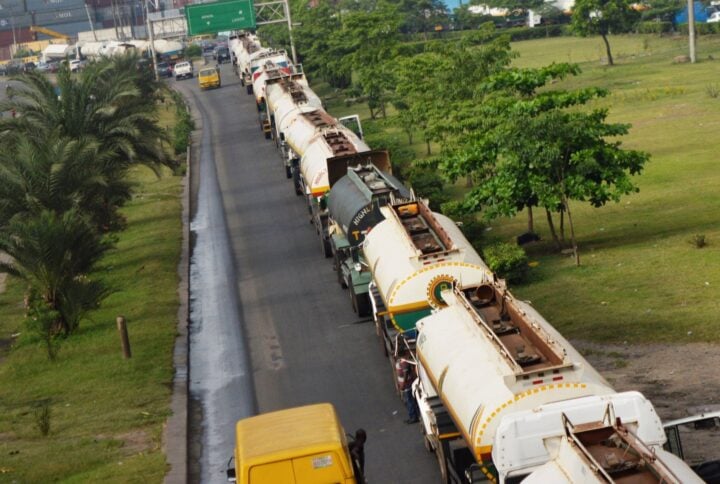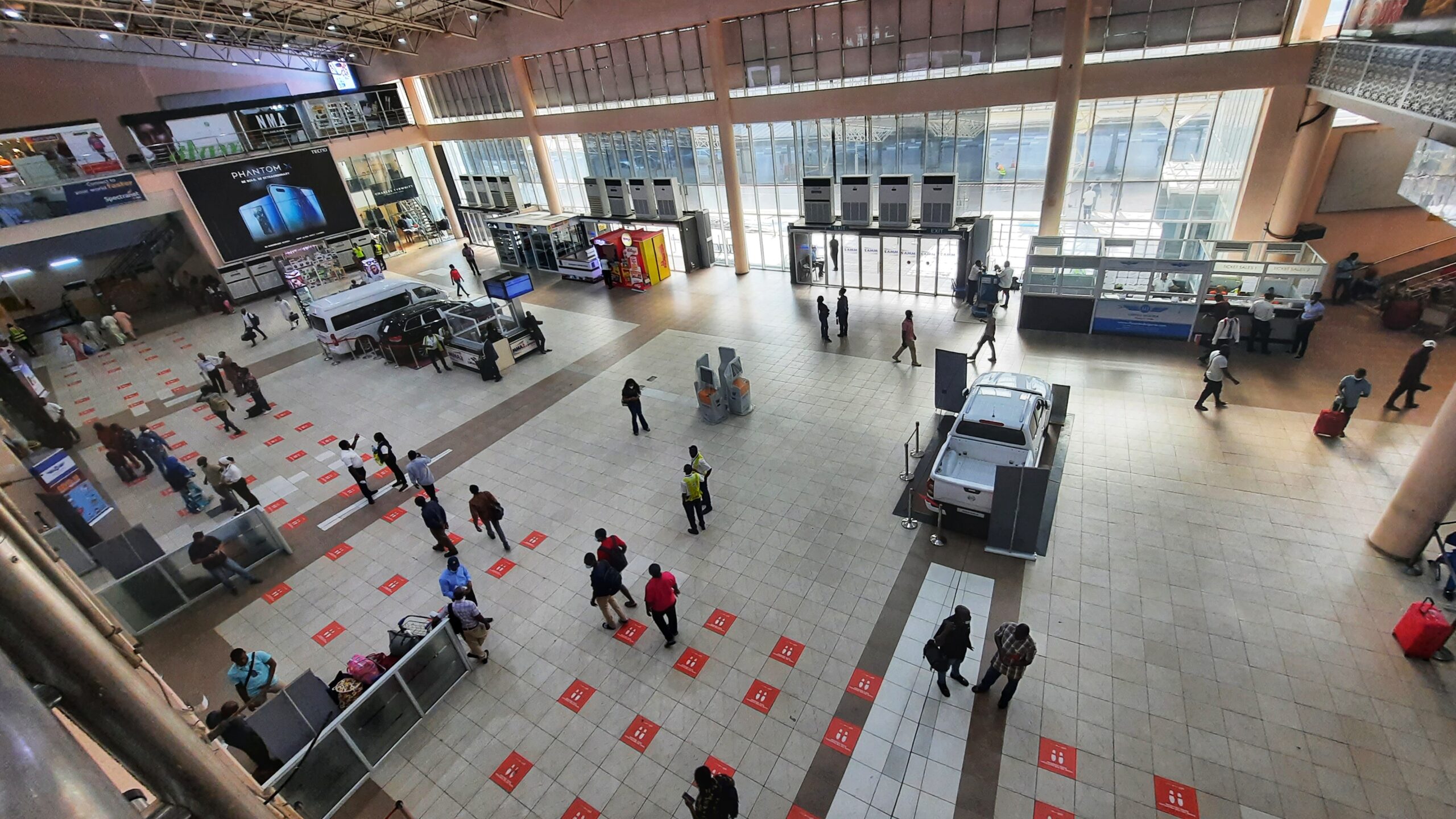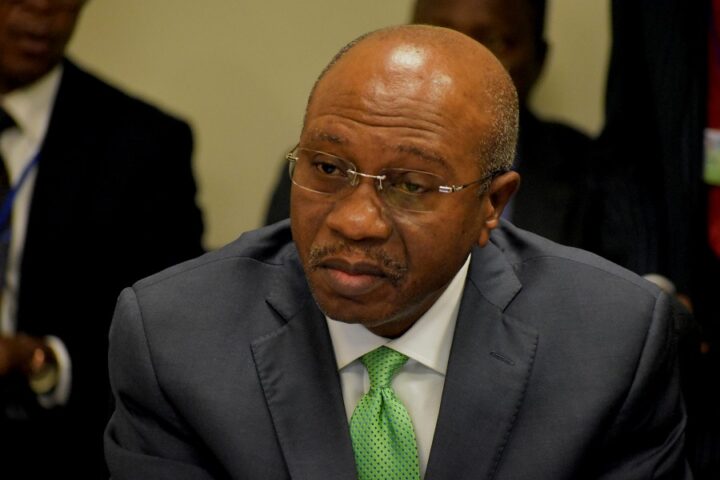Oil marketers have claimed that airline operators are attempting to pressurise the government to control the price of Aviation Turbine Kerosene (ATK), also known as aviation fuel, by fiat.
Fiat is a formal authoritative order given with absolute sanctions.
On Sunday, the Airline Operators of Nigeria (AON) suspended its plans to shut down flight operations over a hike in the price of aviation fuel.
Tunde Oyebanji, immediate past chairman of the Major Oil Marketers Association of Nigeria (MOMAN), told ThisDay on Sunday.
Advertisement
He said if the government gives in to the pressure to control aviation fuel prices by fiat and the Nigerian National Petroleum Company (NNPC) Limited begins importing and selling to the airline operators below the market price, it would lead to another subsidy.
Oyebanji added that the airline operators should instead channel their efforts to ensuring airline passengers pay the appropriate price for tickets.
“Airline Operators are trying to pressurise the government to control prices by fiat. In the alternative, let people pay the appropriate price for airline tickets. Aviation is not a social welfare business. Why are international airlines that we also sell to, not threatening to stop flights,” ThisDay quoted Oyebanji as saying.
Advertisement
According to him, it was surprising that airline operators had not been able to proceed with plans to import aviation fuel even after the opportunity was given to them.
Maintaining that the price of ATK followed the international price of the product and the exchange rate, the marketer said the cost of importing the product was high.
On his part, Olumide Adeosun, chairman, MOMAN, said the Russia-Ukraine war, foreign exchange scarcity, inflation, as well as logistics and administration costs were principal factors driving the increasing price of aviation fuel in the international and local markets.
Adeosun said traders of the product in the international market were putting a premium on-demand and supply and were selling their products to the highest bidder, making it difficult for local marketers to import the product and sell at a cheaper rate.
Advertisement
“Russia controls over 30 per cent production. What we are seeing is that traders are putting premium attention on the price of aviation fuel because all of us are scrambling for exactly the same barrel,” Adeosun said.
“So, the traders are paying premium attention on demand and supply and they are selling to the highest bidders only. We should try and look at the financial factors and the predominant driver, look at all of the issues around storage cost, administration cost, and, of course, you have to think about where you are going to buy your next round of products from.”
He added that international airlines entered into long-term contracts, which allowed them to secure supply of products for a long time and pre-empt the price of ATK on a month-on-month basis.
According to Adeosun, airline operators in Nigeria bought products on demand.
Advertisement
“You cannot do that when your business is dependent on the availability of fuel. Aviation fuel is not like petrol for taxi. You are not driving Uber. So, this is a very serious business that requires strategic planning,” he said.
Advertisement
Add a comment






